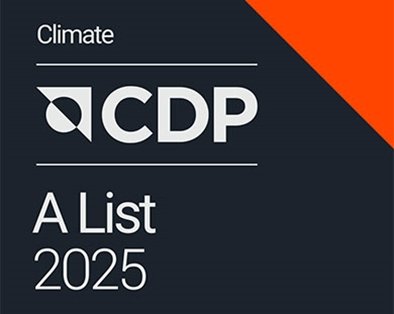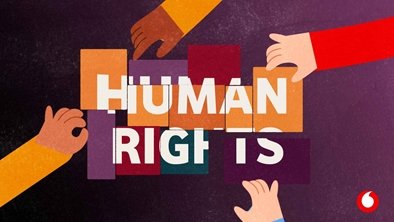LATEST
What’s happening
View all news
Striking visual content
Media professionals can download high-quality imagery from Vodafone Group and Vodafone Foundation. Our visual assets library includes framed quotes from senior executives, plus photos, logos and other branding images.

Media queries? Get in touch
We’re ready to help media professionals with any questions about financial or corporate matters. Whether it’s regarding Vodafone Group or our local operating companies, just drop us a line. Please note our media relations teams cannot answer queries about customer issues as they’re unable to access our customer service systems.



























